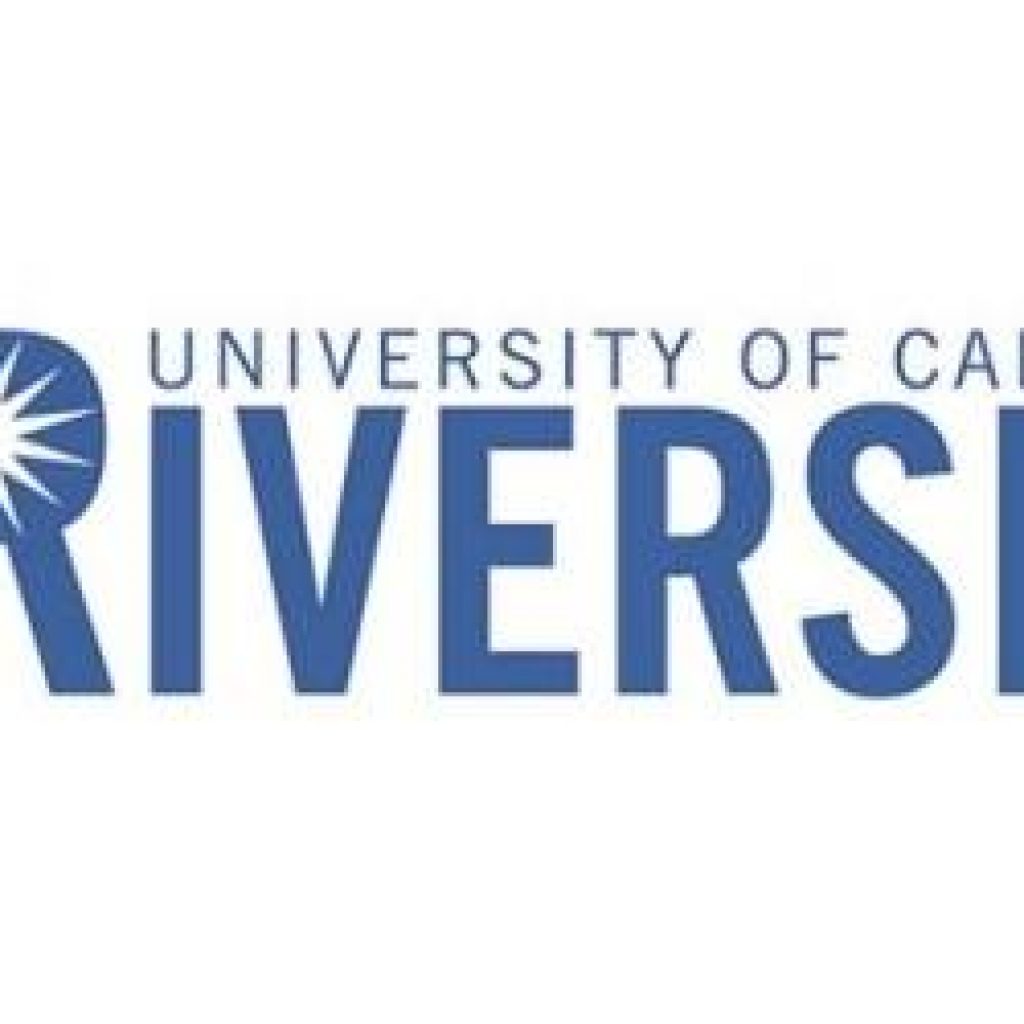(UCR.edu) The University of California, Riverside, has won a University of California Multicampus-National Lab Collaborative Research and Training Award of $3.75 million that will allow the campus to focus on enabling scalable quantum computing.
“The goal of this collaborative project is to establish a novel platform for quantum computing that is truly scalable up to many qubits,” said Boerge Hemmerling, an assistant professor of physics and astronomy at UC Riverside and the lead principal investigator of the three-year project. “Current quantum computing technology is far away from experimentally controlling the large number of qubits required for fault-tolerant computing. This stands in large contrast to what has been achieved in conventional computer chips in classical computing.”
Hemmerling’s research team will use completely new technology for the project, such as 3D-printing technology from Lawrence Livermore National Laboratory, or LLNL, to make microstructure ion traps. Ions, which are charged atomic particles, store qubits. Quantum information is transferred when the ions move in a specially designed trap. Trapped ions are deemed to have the best potential for realizing quantum computing.
UC Berkeley, UCLA, and UC Santa Barbara will also take part with UCR serving as project coordinator.
UC Riverside to Lead Collaborative Effort at Developing Scalable Quantum Computers
